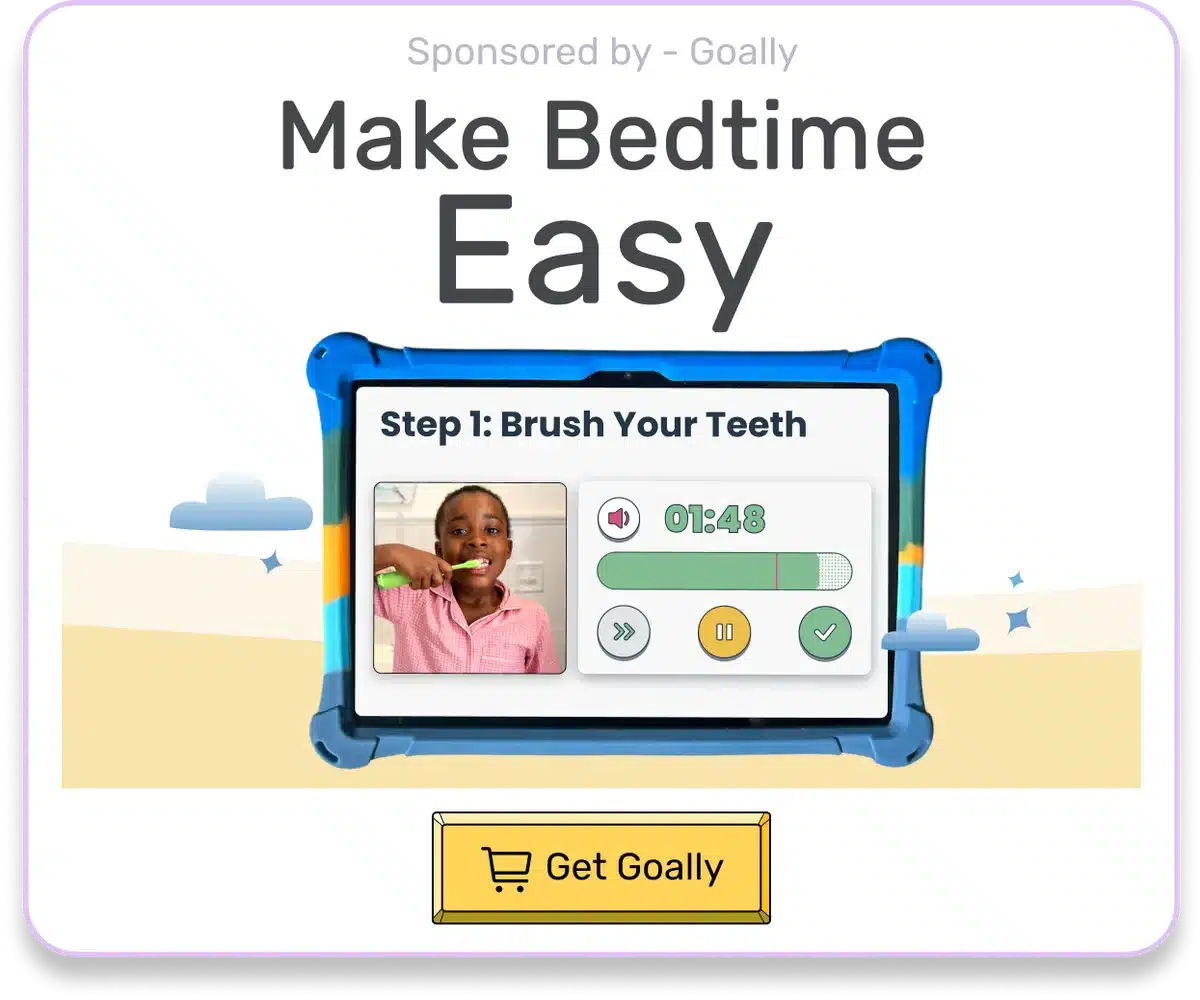Imagine this — it’s 2 a.m., and you’re jolted awake by the piercing cry of your child. You rush to their room, heart pounding, only to find them trembling, eyes wide with fear. They’ve had a nightmare again. As a professional who works with kids, I’ve seen this scenario play out countless times. And if you’re reading this, chances are, you have to. Nightmares can be a natural sleep disrupter, not just for your child but for the entire family. But don’t worry; you’re not alone in this battle against the boogeyman. In this blog post, we’ll explore effective strategies on how to help kids with nightmares. We’ll discuss why nightmares occur, how they affect your child, and, most importantly, practical steps you can take to help your child overcome them. This isn’t just about getting a good night’s sleep; it’s about empowering your child to face their real and imagined fears. So, let’s get started, shall we?
Table of Contents
Creating a Consistent Sleep Routine
From my experience working with kids, I’ve learned that a consistent sleep routine can be a powerful tool in helping kids with nightmares. Our bodies, especially those of young children, thrive on consistency. So, when your child goes to bed and wakes up at the same time every day, it sets their internal clock and promotes better sleep quality.
Additionally, a relaxing bedtime routine can work wonders. This could include a warm bath, a soothing song, or an uplifting story. You’re not just putting them to bed — you’re creating a calm and secure environment that signals to your child that it’s time to sleep.
Avoiding Stressors
On the other hand, limiting your child’s exposure to stressors is equally important, especially before bedtime. This means steering clear of violent content such as certain TV shows, movies, video games, and even social media. I’ve seen how avoiding such content before bed can significantly reduce the likelihood of nightmares.
Goally | The Safest Tablet for Kids

It’s not just about what they consume but also about their activities. So, try to avoid scary movies and other similar activities before bed. The goal is to keep their pre-sleep environment as peaceful and stress-free as possible.
Avoiding Caffeine
Another critical step in helping kids with nightmares is to avoid caffeine. You might think, “But my child doesn’t drink coffee!” However, caffeine is also found in many sodas, chocolates, and even some medications. So, it’s always a good idea to keep an eye on what your child is consuming.
Remember, even small amounts of caffeine can disturb sleep, especially in children. So, limit their caffeine intake, especially in the hours leading up to bedtime. This can go a long way in ensuring they get a good night’s sleep.
Using a Nightlight
Meanwhile, something as simple as a nightlight can make a difference for young children. A soft glow can help dispel the shadows and make the room feel safer. From my experience, I’ve seen how a nightlight can turn a scary room into a safe haven.

Read more: How to Get Kids to Sleep in Their Own Bed
Alternatively, you can give your child a small flashlight to keep under their pillow. This gives them a sense of control, which can be very empowering. It’s like giving them a tool to fight off the monsters under the bed.
Providing Reassurance
During times when your child has an increase in nightmares, they’re essentially communicating that they’re feeling overwhelmed and insecure. In such instances, reassurance, empathy, and hugs can go a long way in restoring their emotional balance. I’ve seen how a simple “I’m here for you” can calm a child’s fears.
Remember, your child looks up to you for comfort and security. So, your reassurance can be a powerful tool in helping them overcome their nightmares. It’s about letting them know that they’re not alone in this.

Listening Without Judgment
For instance, providing dream journals for children and inviting them to share their dreams can be very beneficial. It encourages them to express their fears and anxieties. When they do share, remember to listen without judgment. Ask open-ended questions to invite your child’s creativity and foster a sense of security.
Listening to your child’s dreams and fears can give you valuable insights into what’s causing their nightmares. Plus, it can help your child feel heard and understood, which can be exceptionally comforting for them.
Using a Workbook
Lastly, consider using a workbook designed to help kids manage anxiety, fears, and nightmares. These resources can provide practical tools and strategies for your child to overcome their fears. Plus, it gives them a sense of accomplishment and boosts their confidence.
From my experience, I’ve seen how workbooks can teach kids to face their fears head-on. It’s not just about managing their nightmares — it’s about empowering them to take control of their fears.
In essence, helping your child navigate through nightmares involves a blend of consistency, understanding, and reassurance. Establishing a steady sleep routine, avoiding stressors and caffeine, and creating a safe sleep environment can lay the foundation for peaceful nights. Moreover, listening to your child’s fears without judgment and equipping them with tools like workbooks can empower them to face their nightmares head-on. Remember, it’s about finding what works best for your child and being there for them every step of the way. Because at the end of the day, your support and understanding are the most powerful tools in helping your child conquer their nightmares.
FAQ’s About How to Help Kid With Nightmares
What is a consistent sleep routine for kids? A consistent sleep routine involves going to bed and waking up at the same time every day, along with a relaxing bedtime routine. How can I limit my child's exposure to stressors before bedtime? Avoid violent content like certain TV shows, movies, video games, and even social media. Also, avoid scary activities before bed. How can caffeine affect my child's sleep? Caffeine, found in many sodas, chocolates, and some medications, can disturb sleep and potentially cause nightmares. How can a nightlight help my child with nightmares? A nightlight can dispel shadows, making the room feel safer and giving your child a sense of control. How can a workbook help my child manage nightmares? Workbooks provide practical tools and strategies to help kids manage anxiety, fears, and nightmares, boosting their confidence.
Emily is a seasoned blog writer for Goally, leveraging her extensive background in child psychology and special education to provide valuable insights and resources for parents. Her commitment to understanding and addressing the unique needs of these children, combined with her expertise in educational strategies, makes her a credible and empathetic voice for families.







